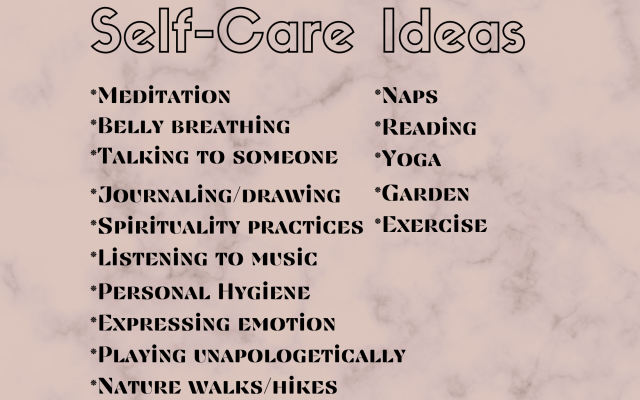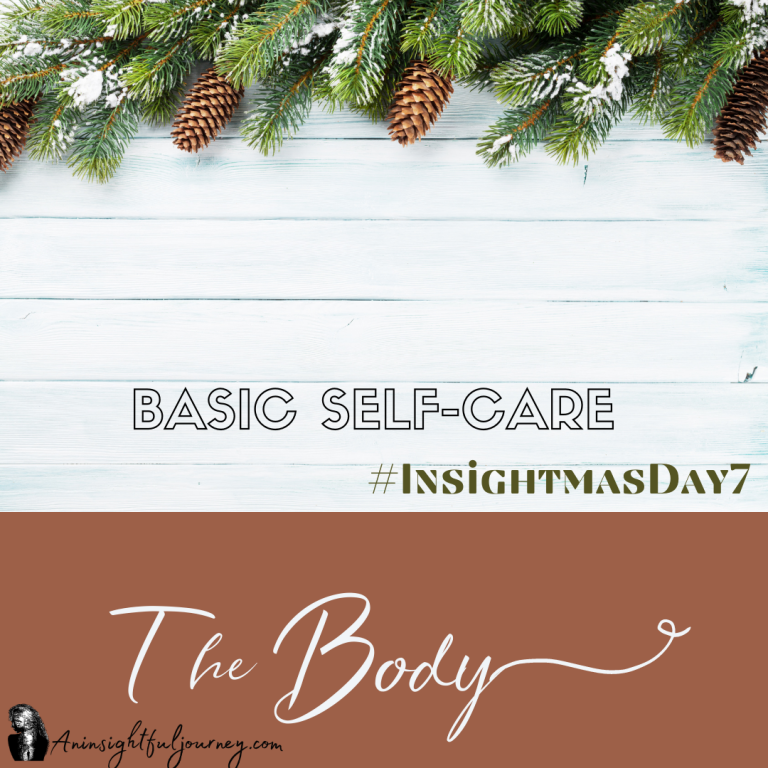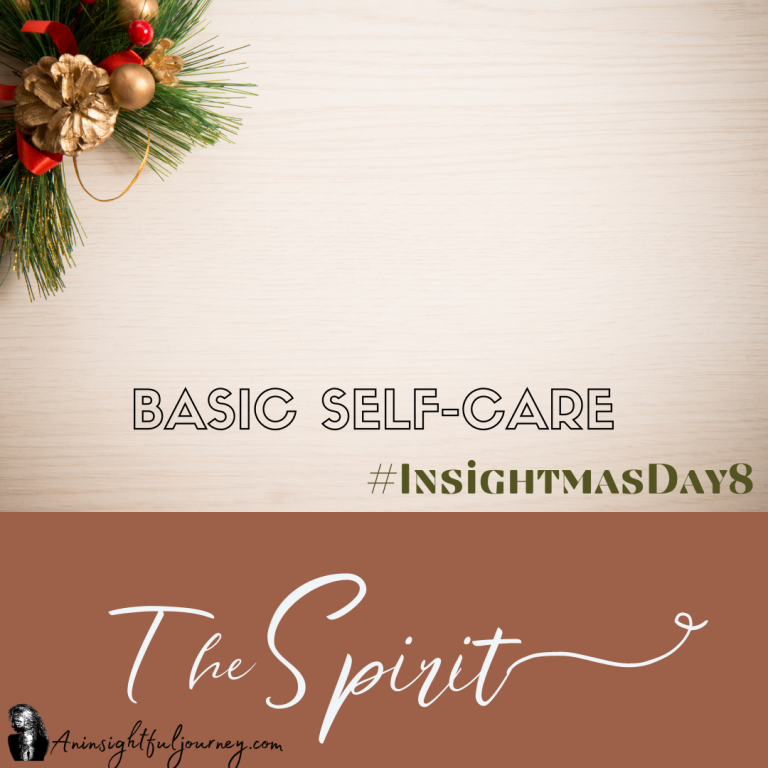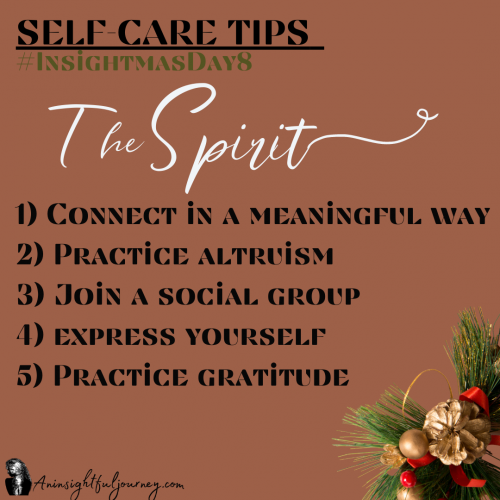We are approaching the end of the year, and it’s safe to say 2020 has been a roller coaster. We each have found ourselves managing unique, possibly difficult, emotionally charged situations. The reality is we are not 100% certain, yet if 2021 will be the turning point in which we see things begin to improve. There may be more to this balancing act than we know, and all individuals are balancing it differently due to their responsibilities.
If you have not, it is time to spend intentional time checking in with yourself, specifically your mind, body, and spirit. We will be updating this resource throughout the week to include all these focal points.
Let us begin with The Mind!

1) Focus on your sphere of control
- Despite the balancing act of life as we currently know it and the challenges that arise with our current world’s uncertainty and personal circumstances. There is value in the opportunities present when you can invest time and energy into things in which you have control. Such as your mindset, daily schedule, nutrition, social connections, boundaries, and your response. When acknowledging the authority you have over these parts of your life, you can reduce the heightened levels of stress, anxiety, depression, and trauma from the things that are out of your control.
2) Set healthy boundaries
- It is fundamental to establish and stay true to the boundaries that you feel best suit your life. The boundaries between home and work can easily be neglected and blurry. It is critical to understand that it can lead to feelings that are not easy to cope with when this happens. Spend some time with yourself to recognize what is important to you, what boundaries you need to put in place, and a plan to execute this. When doing this, you may find it useful to communicate this plan with others to ensure no violations of your comfort and cultivate space to avoid competing tasks from arising. Healthy boundaries are a vital part of basic self-care for your mind and your health ownership.
3) Mind your media input
- Being in the know can be vital when dealing with the current world’s events, although we must manage our capacity to absorb the information. We could benefit from considering how much time we are investing in the media and the sources from which we are obtaining this information. Create boundaries for how much you will allow yourself to engage in and what media sources you are willing to get your updates and news. We also challenge you to find a thought-provoking, uplifting, and interesting activity to balance the media input. For every trigger induced update, find something to deescalate.
4) Create a space and schedule for self-care
- Intentionally find time to foster space and plan into your daily routine self-care. Below we list some ideas for self-care.

5) Be kind to yourself
- Being critical of yourself in all aspects of life right now can be at an all-time high. Self-judgement and criticism can be unconscious or subconscious though it is essential to find a way to identify when you are participating in this behavior. When you recognize it, correct it by encouraging yourself, stating affirmations, and reminding yourself that it is a moment in time and things will get better. Always remember you are in charge of your thoughts, behaviors, and actions, and if you are putting in the effort, your best is all you can do.





1) Connect in a meaningful way
- Our current world circumstances and development have allowed us to connect in more ways than one. Not too long ago, we were all used to gathering in person, and while social connections are one of our innate human desires, we are learning there are other methods to make this happen. A virtual link is one of our more familiar methods as of recently. With all of the many realities of technology, we can connect with friends, family, neighbors, and colleagues through a wide variety of apps and web platforms. Make it a point to hit all three core dimensions of social connection discovered by psychologist and neuroscientist John Cacioppo:
**Relational connectedness: which comes from having relationships that are mutually rewarding.
**Collective connectedness: which comes from feeling that you are part of a group or belong to something bigger than yourself.
2) Practice altruism
- One important thing to consider when you want to work on your well-being is to consider what opportunities you can explore that help with a cause or mission that you hold close to your heart. This practice connects us more deeply with individuals, groups, and communities we support. It is always vital to remember giving back does not always mean monetary. Other ways to give back are crafting, volunteering your time/labor, helping a neighbor in need, or donating materials you no longer need.
- Ideas include: a group on social networks, a book club, group chat, or an organization with a mission that fits your passion.
- Give yourself permission to feel all of your emotions and create an outlet for yourself to do so. Some creative outlets are journaling, music, art, or connecting with those who support you.
- Expressing the things you are grateful for allows you to create positive forward focus thinking. Some creative ways to express gratitude include intentionally interacting with those on social networks, stating a few things you are grateful for, writing some things down, or even sharing with someone. This practice completed daily is a great way to decrease stress and improve happiness.

